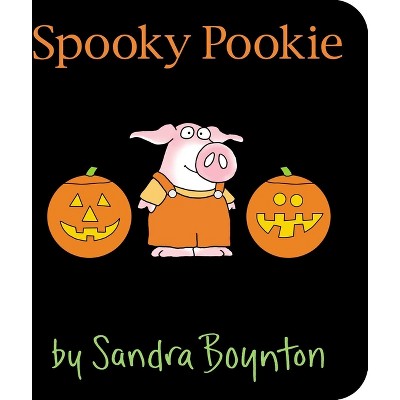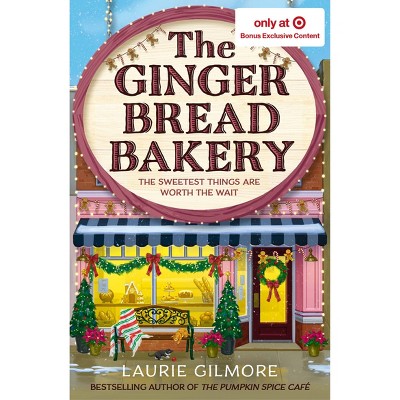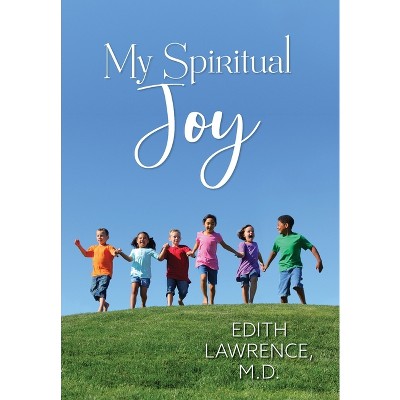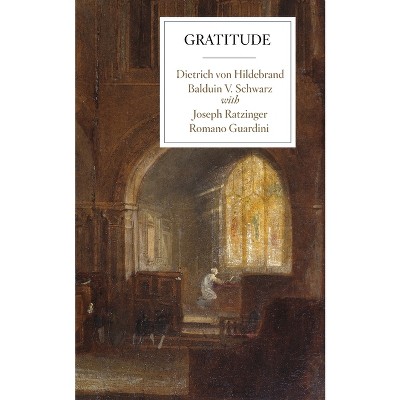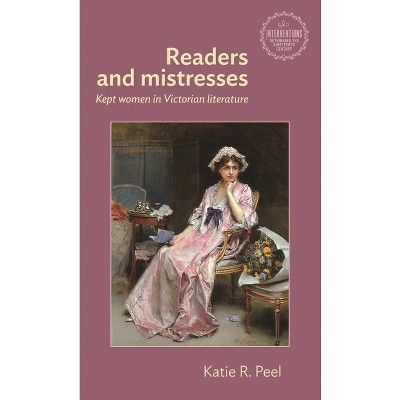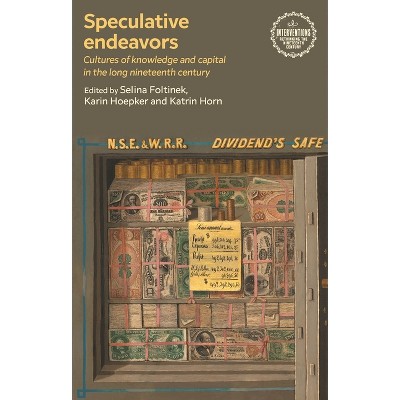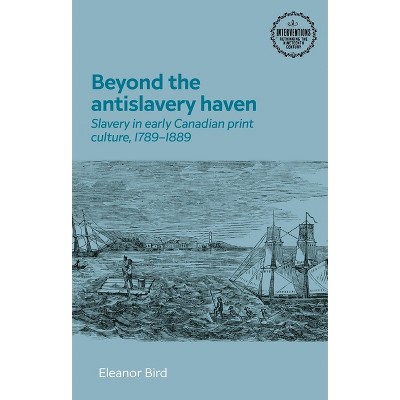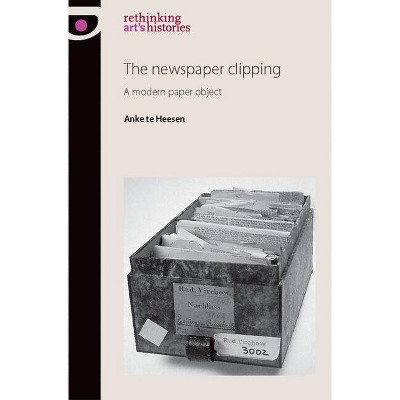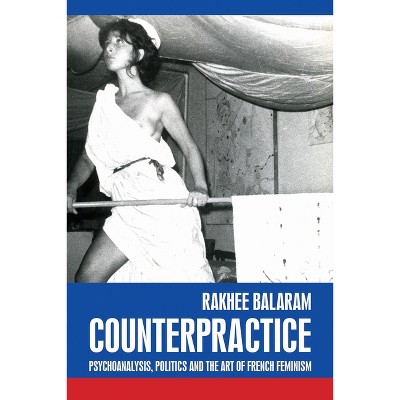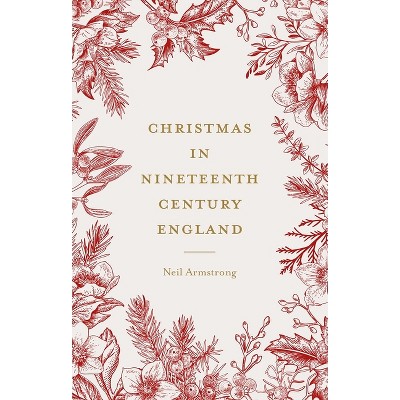Sponsored

The Nineteenth-Century Present - (Interventions: Rethinking the Nineteenth Century) by Koenraad Claes & Elizabeth Ludlow (Hardcover)
In Stock
Sponsored
About this item
Highlights
- The nineteenth-century present explores the multiple ways in which history was understood, structured, and reassessed in literary, theological, and political contexts across the nineteenth century.
- About the Author: Elizabeth Ludlow is Associate Professor of Literature and Religion at Anglia Ruskin UniversityKoenraad Claes is a Tutor and Bye-Fellow at Lucy Cavendish College, University of Cambridge
- 298 Pages
- Literary Criticism, European
- Series Name: Interventions: Rethinking the Nineteenth Century
Description
About the Book
This collection explores how a range of nineteenth-century authors, from their own historically contingent perspectives, were concerned with many of the same issues as scholars today looking back at the nineteenth century.Book Synopsis
The nineteenth-century present explores the multiple ways in which history was understood, structured, and reassessed in literary, theological, and political contexts across the nineteenth century. While the scope of the book is wide, ranging from the representations of geological time and ancient history to the writing of the recent past, and covering the work of writers from Walter Scott to G.K. Chesterton, each chapter reveals how present concerns intrude on and shape every view of history. Ultimately, the collection emphasises that issues raised regarding historicity in recent methodological debates were already concerns in the nineteenth century.From the Back Cover
The nineteenth-century present explores the multiple ways in which history was understood, structured, and reassessed in literary, theological, and political contexts across the nineteenth century.
This scope of the chapters covers a range of British authors from Walter Scott to G.K. Chesterton, demonstrating how the issues raised regarding historicity in recent methodological debates in all aspects of society, including social hierarchies, religion, science, gender, and burgeoning mass media were already concerns in the nineteenth century. The book questions the opposition between state-sanctioned narratives and counter-histories, the challenges of scientific breakthroughs, and the political and metaphysical tensions between the idea of open-ended continuity and the expectation of an ending. Employing a range of methodologies and welcoming a diversity of representations, these wide-ranging case studies demonstrate the diversity of writing (about) history in nineteenth-century literary texts and its continuities, as well as differences with twentieth and twenty-first century historiographical approaches.Review Quotes
'Ludlow and Claes set out to remind us of the heterogeneity and sophistication of 'historicisms' both in the nineteenth century, and in the more recent field of Victorian Studies. It more than succeeds. From the entanglements of material and psychological histories in the novels of Thomas Hardy, to the 'flesh and blood' disruptions of 'ordinary time' in Josephine Butler's eschatology and contemporary womanist ethics, The Nineteenth-Century Present makes it impossible for us to see 'history' and 'theory' as two separate modes of approach. Instead, 'historicism' emerges as a vibrantly theoretical practice that has invigorated scholarly inquiry for at least two centuries. With this volume in hand, that practice looks set to continue. A must-read volume for all students of the nineteenth century as it lives and breathes in the now.'
--Adelene Buckland, Reader in Nineteenth-Century Literature, Kings College London
--Dale Townshend, Professor of Gothic Literature, Manchester Metropolitan University 'This wonderfully wide-ranging book situates the nineteenth-century present in epic vistas. Ludlow, Claes and their contributors show how invested the period's writers were in religious, evolutionary and alternative imagined timelines. Crucially, they take seriously historical visions from across the political spectrum, going beyond liberalism from Tory conservatives to socialists and Red Republicans. In the process, they develop new ways to think about both under-appreciated and canonical figures and works.'
--Helen Kingstone, Senior Lecturer in 19th Century Literature, Royal Holloway University
About the Author
Elizabeth Ludlow is Associate Professor of Literature and Religion at Anglia Ruskin University
Koenraad Claes is a Tutor and Bye-Fellow at Lucy Cavendish College, University of Cambridge
Shipping details
Return details
Frequently bought together

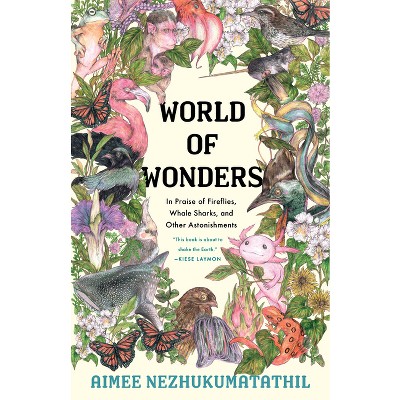
Trending Book Deals


